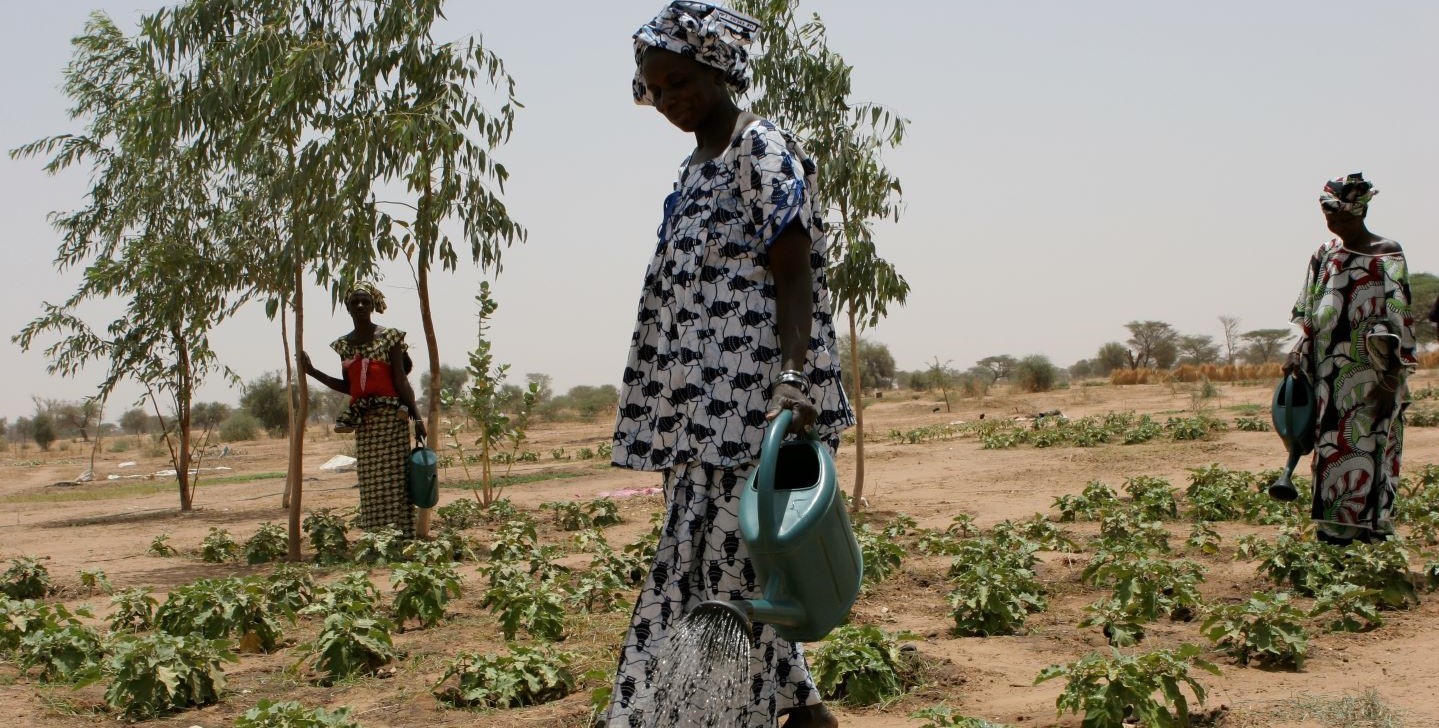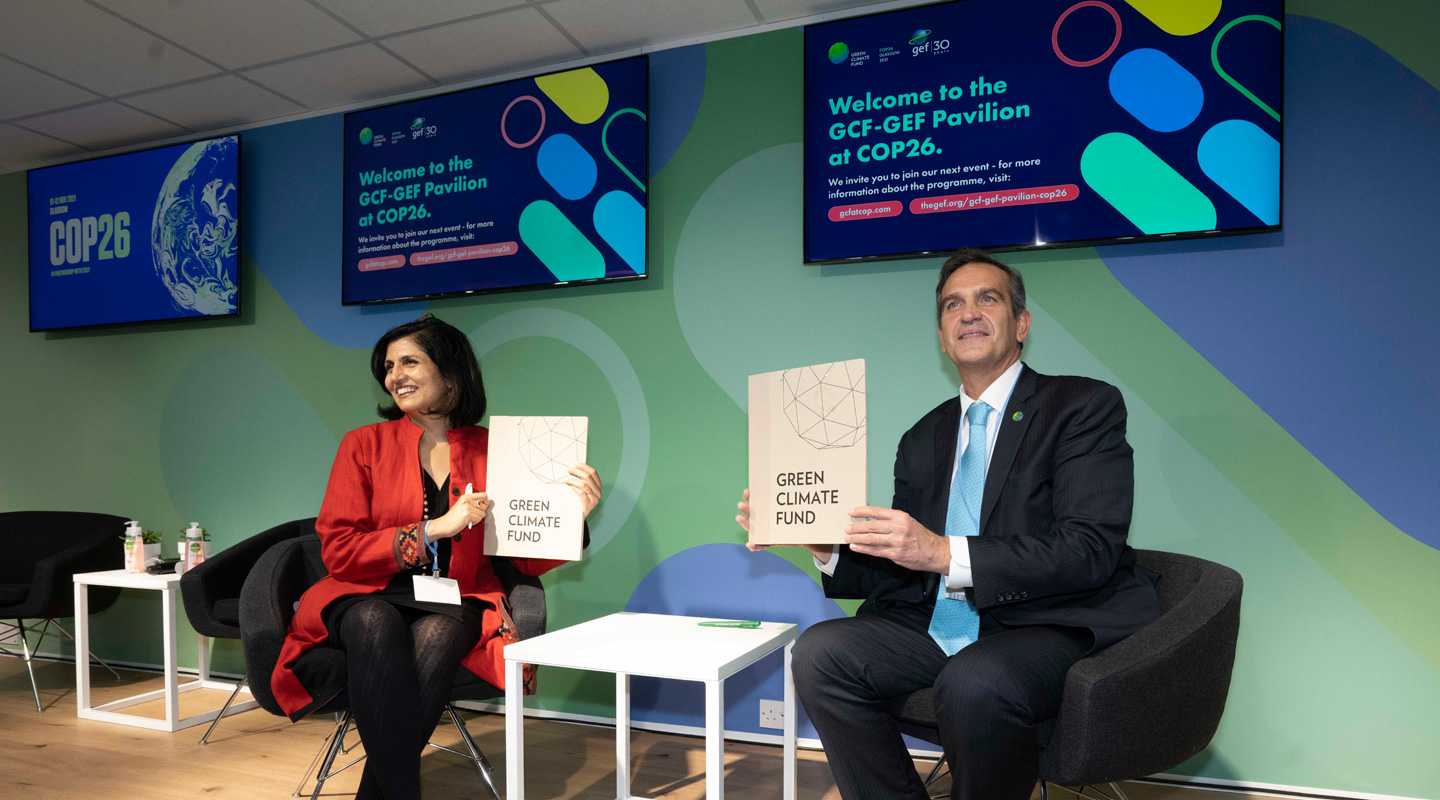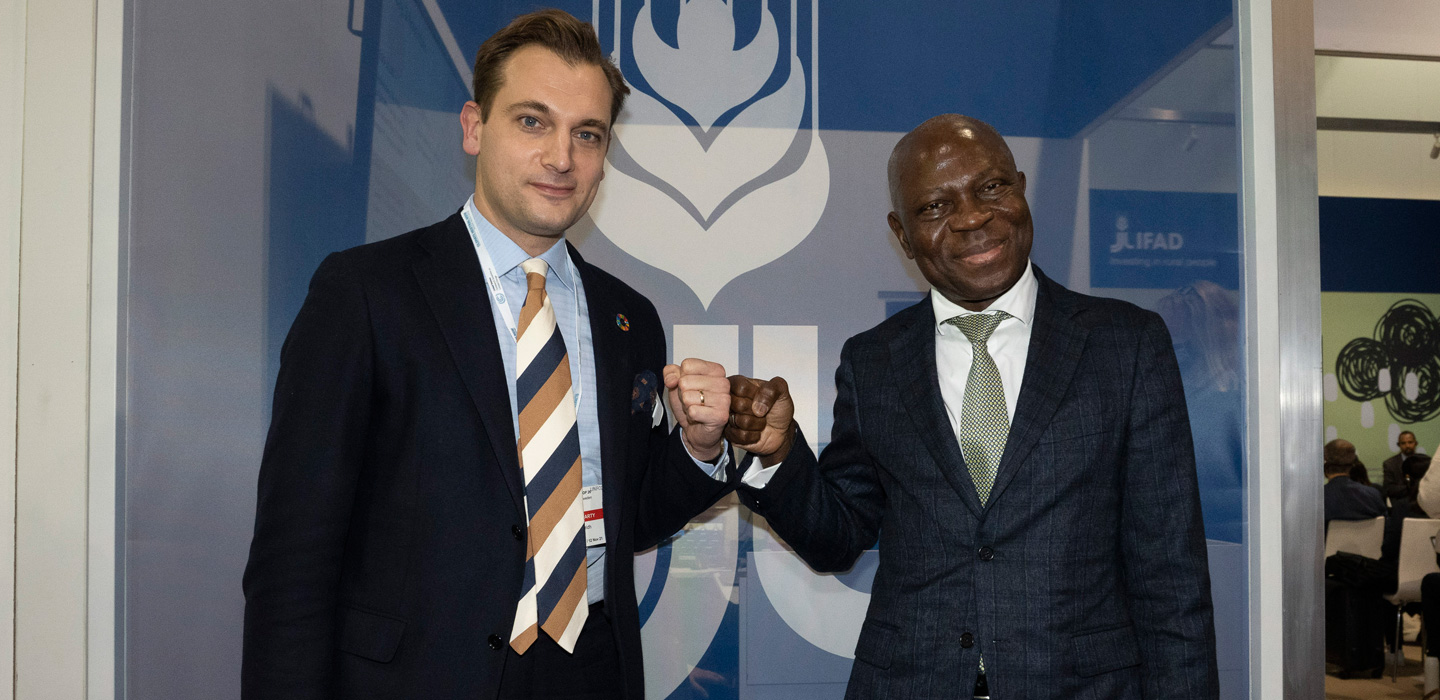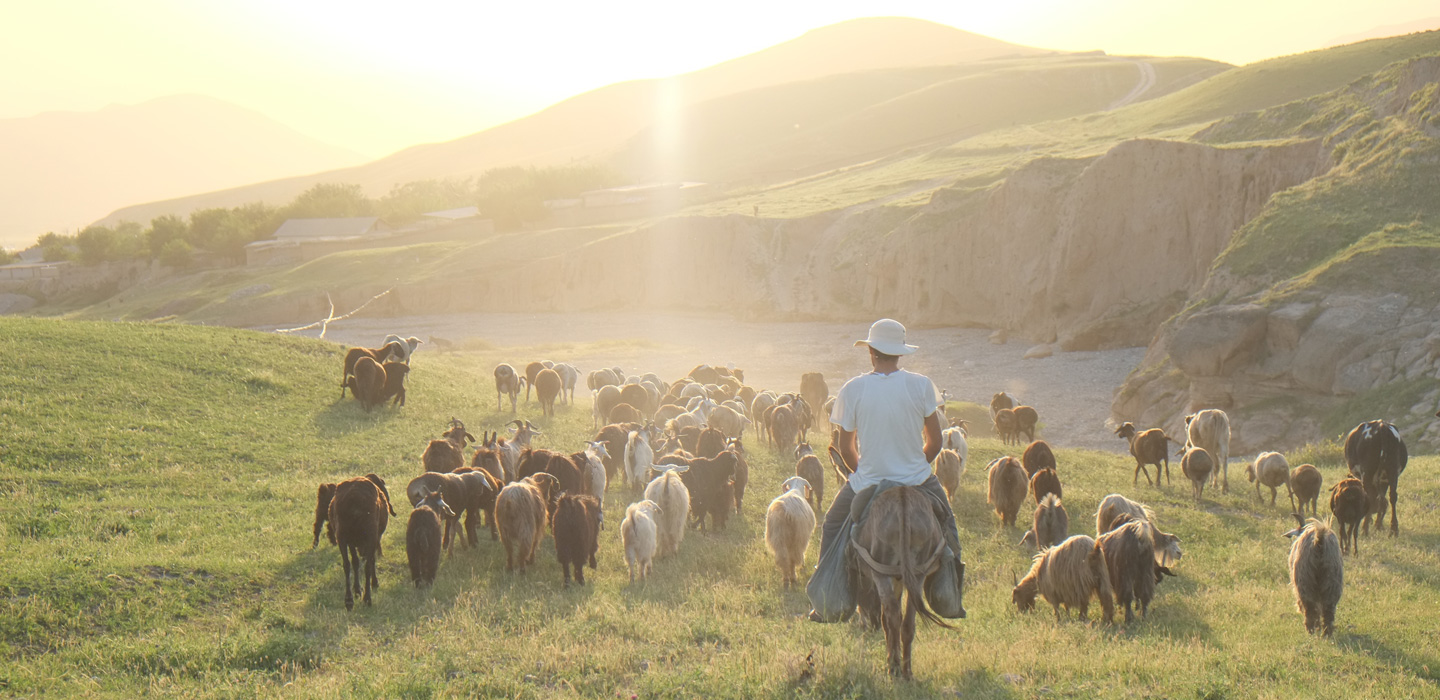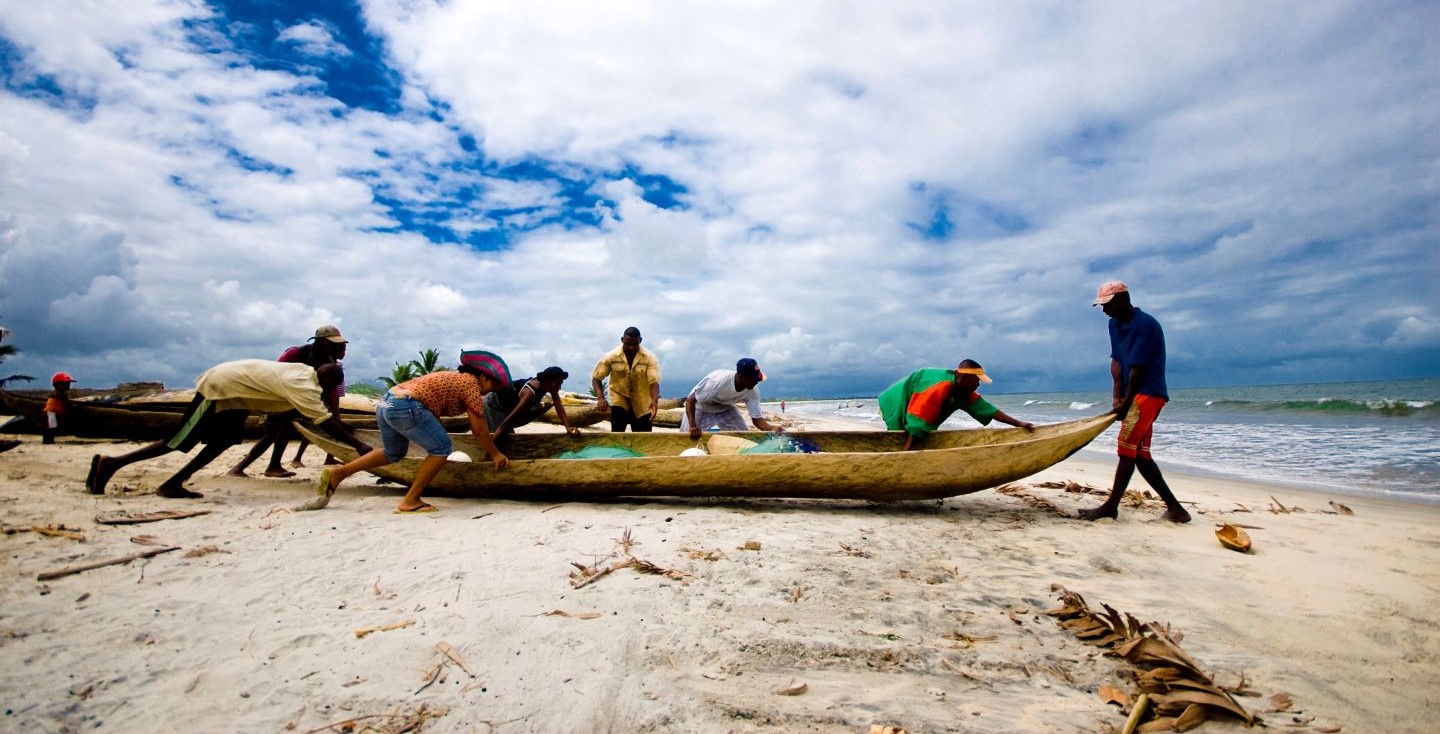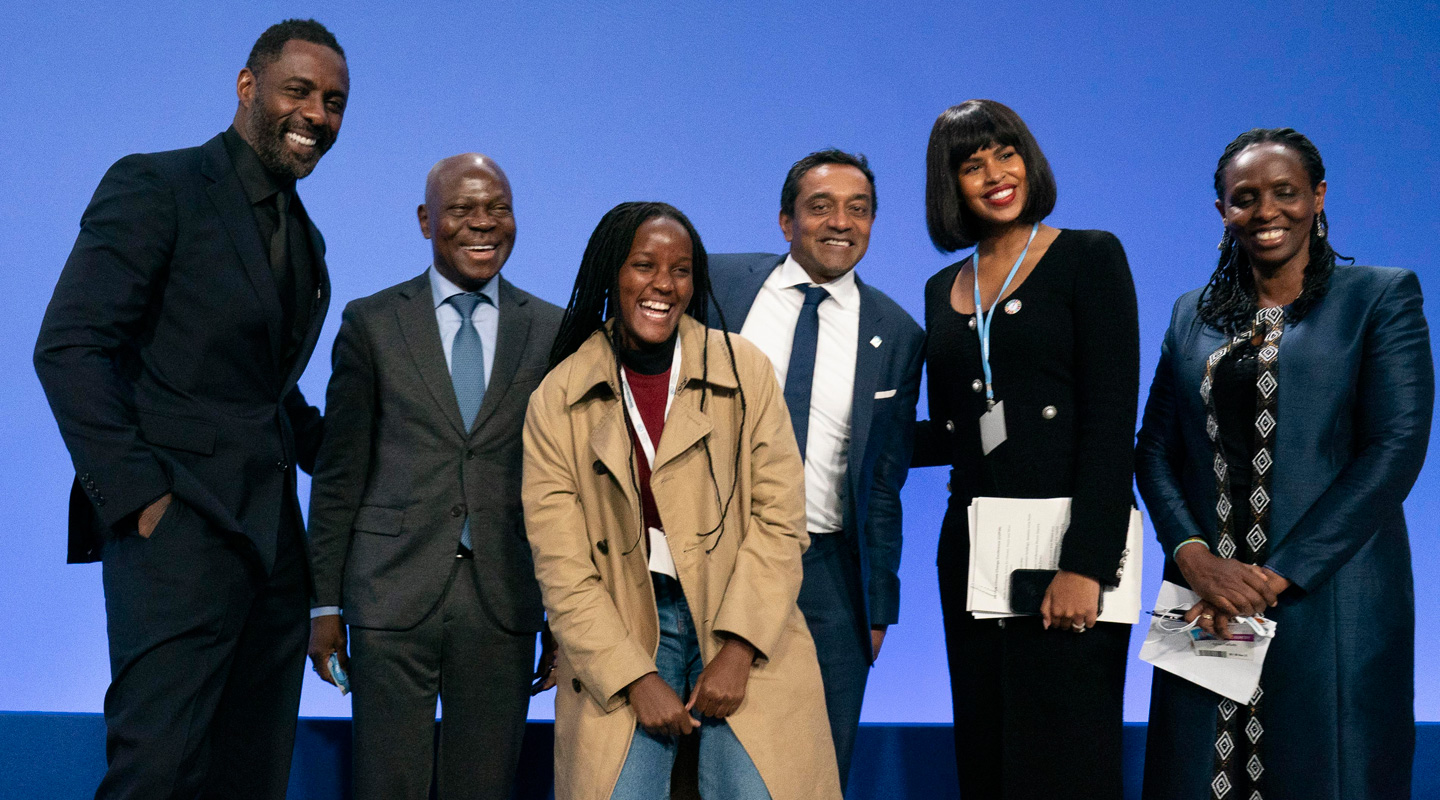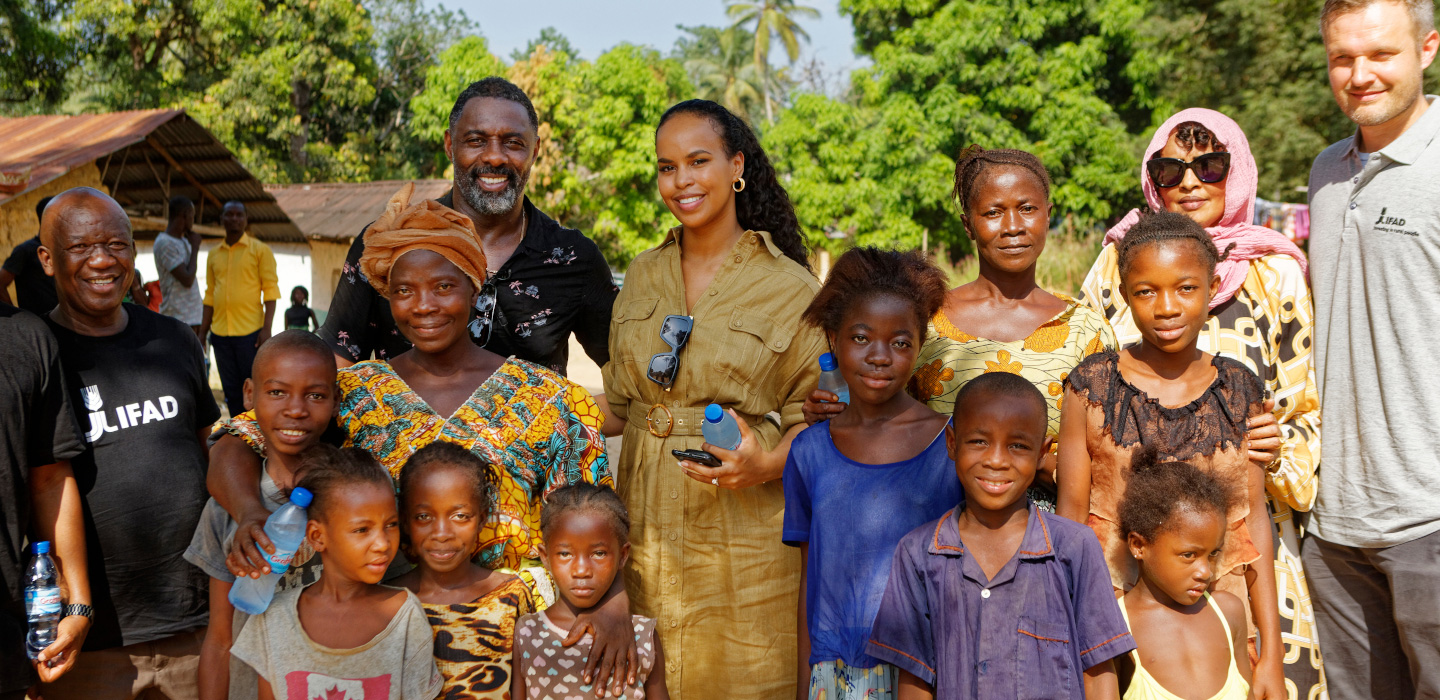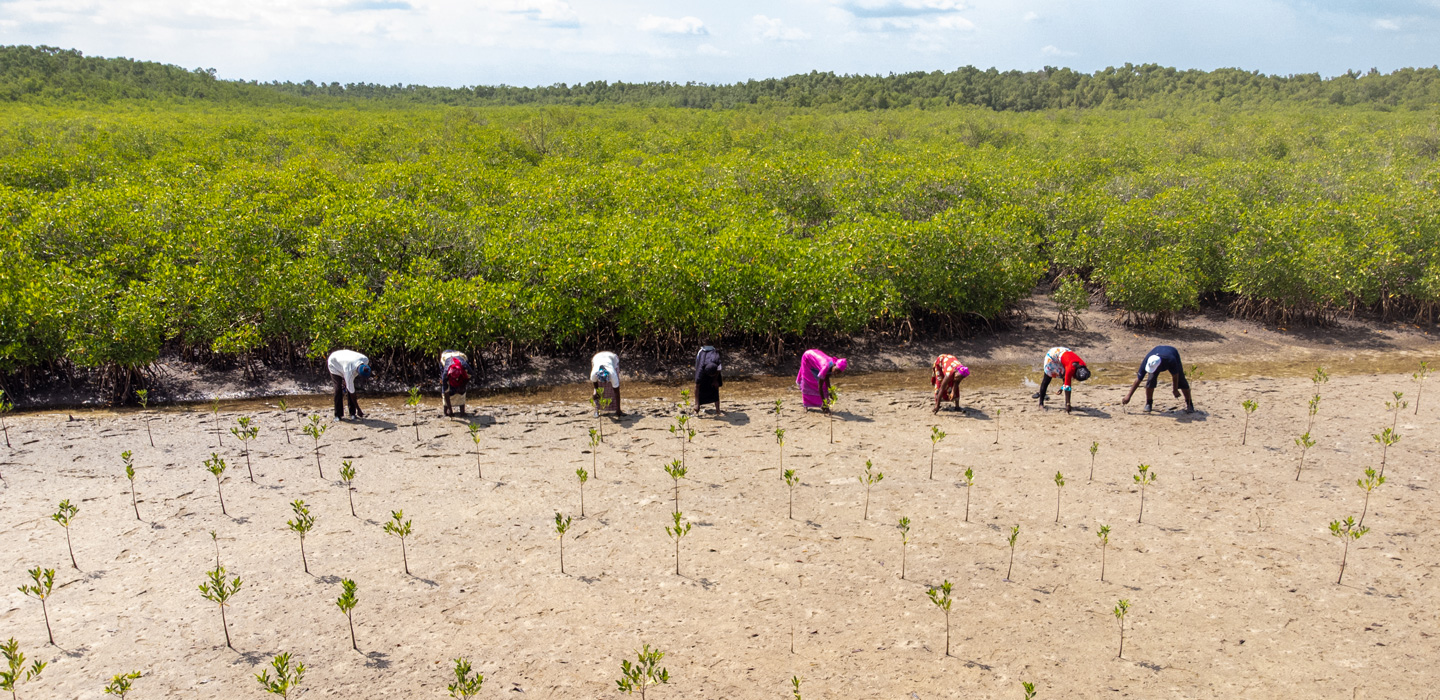Latest
Latest

Latest
Manual Submenu Topics
SearchResultsFilters
Search Results
Four ways nature-based solutions benefit rural people and communities
“Nature-based solutions” (NbS) might sound like a buzzword, but these techniques are some of the most effective tools in our arsenal against the effects of climate change.
ShareFair of geospatial tools and applications for climate investments
As changing climates affect farming conditions across the world, how can geospatial and remote sensing tools help IFAD and others decide on where adaptation investments are best needed and what impact these interventions will have?
COP26: New US$143 million investment to restore Great Green Wall ecosystems and increase climate resilience in the Sahel, announce IFAD and GCF
A new US$143 million investment programme will ensure millions of the most at-risk rural people living in the Sahel region of West Africa can adapt to climate change, with a wide-reaching plan to restore degraded land and provide climate information systems and agricultural insurance. The announcement was made today at the UN climate change conference (COP26) during a signing ceremony of the grant agreement between IFAD and the Green Climate Fund (GCF).
COP26: Sweden steps up to help at-risk small-scale farmers adapt to climate change, pledging millions to IFAD’s climate fund
Sweden today signalled its strong commitment to help some of the world’s poorest small-scale farmers to adapt to climate change, by pledging SEK100 million (nearly US$11.7 million) to IFAD. The announcement was made at the UN climate change conference (COP26) in Glasgow.
How nature based solutions are transforming lives
Nature-based solutions is a concept that highlights the fact that people can proactively protect, manage or restore natural ecosystems, while significantly contributing to addressing six major challenges: climate change, food security, water security, human health, disaster risk, and social and economic development.
Managing fisheries for sustainability and resilience: The case of Angola
The fisheries and aquaculture sectors fully or partially support the livelihoods of 10–12 per cent of the world’s population. Yet fisheries across the world are under threat from climate change and over-exploitation. The question of how best to manage fisheries under these conditions is a complex one, but in our experience, bringing communities into inclusive governance structures is an indispensable part of the solution.
Highlights from COP26 – Saturday 6 November
IFAD Goodwill Ambassadors, Idris and Sabrina Elba attended COP26 to help ensure that African farmers are not left out of the climate conversation and to promote greater investments for small-scale farmers and producers to adapt to climate change.
Media briefing with Idris and Sabrina Elba on how we can feed ten billion humans without destroying the habitable planet
We would like to invite you to our in-person media briefing on Saturday, 6 November at 11:00-11:30 GMT with IFAD and Conservation International on the importance of investing in small-scale agriculture, climate adaptation and nature-based solutions to achieve sustainable and prosperous food systems.
IFAD Goodwill Ambassadors Idris and Sabrina Elba attend COP26 to advocate for increased investments in climate adaptation and biodiversity protection
As climate negotiations enter a crucial phase, Idris and Sabrina Elba, UN Goodwill Ambassadors for IFAD, will attend COP26 to advocate for increased investments to help small-scale farmers to adapt to climate change and to protect biodiversity.
